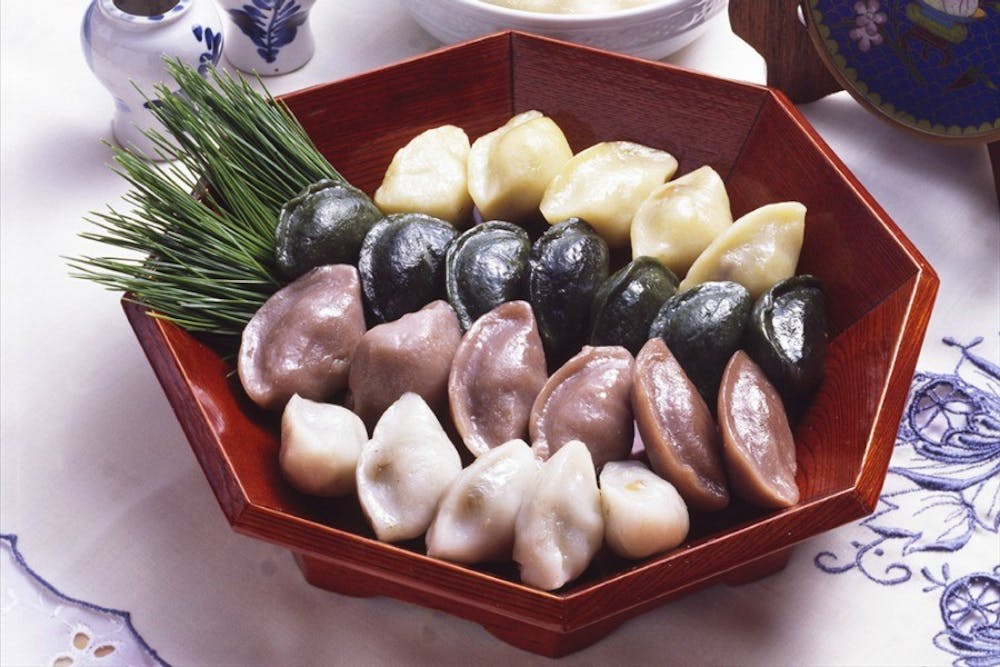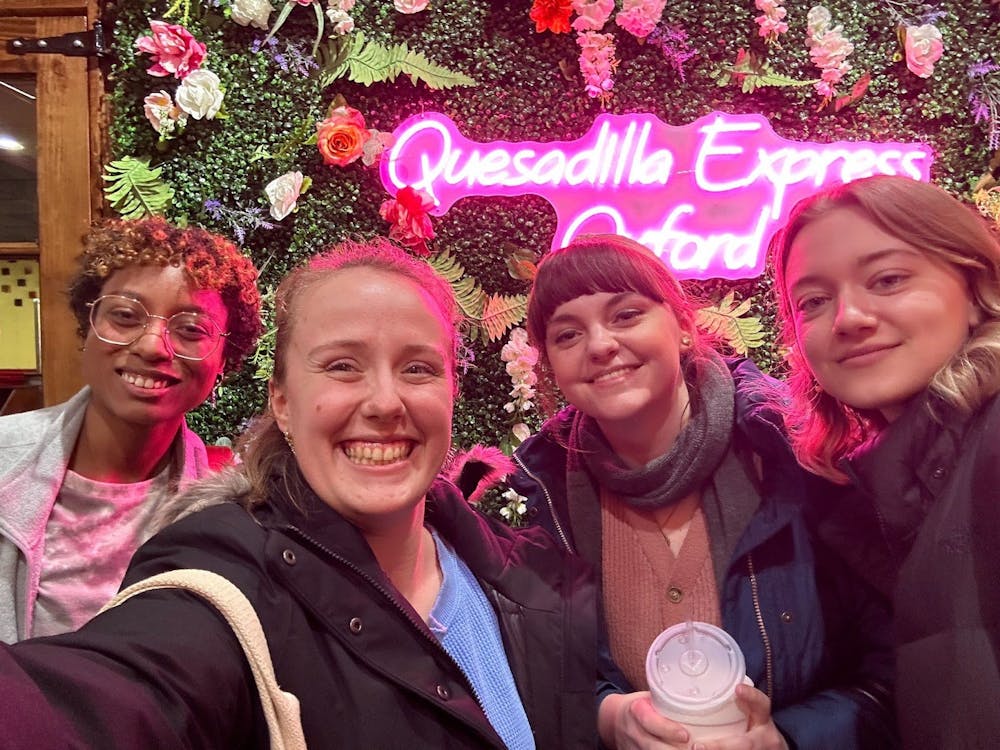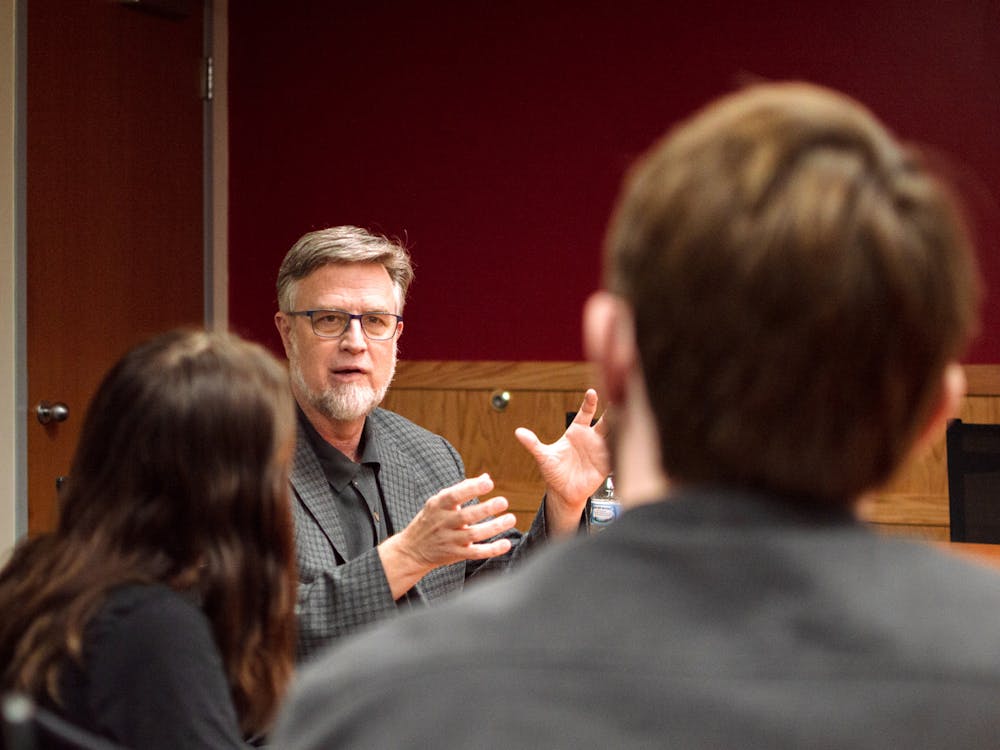By Austin Sum, For The Miami Student
Turkeys, parades, pumpkin pie, pilgrims - Thanksgiving is often thought of as a uniquely American celebration, but there are many other cultures that celebrate a holiday of giving thanks. Although many of the customs differ, these holidays share a common theme of expressing gratefulness for food, community and tradition.
The Canadian Thanksgiving is very similar to Thanksgiving in the United States. It also originated as a celebration to give thanks for the year's bountiful harvest. The Canadian Thanksgiving is observed on the second Monday of every October with very similar foods to America's Thanksgiving.
Junior Ben Hicks, a Canadian, said despite the similarities, Canadians' Thanksgiving celebrations are usually smaller than Americans'.
"Our celebration for the American Thanksgiving is a bigger deal in our family than the Canadian one," said Hicks. "When we were in high school in Canada we only got the Monday off from school so the festivities couldn't be as grand."
For the Korean holiday of giving thanks, Chuseok, the iconic food is songpyeon, colorful little rice balls. Rice is also used to make a traditional liquor. Friends and family gather with one another and, rather than watching football like many Americans do on Thanksgiving, Koreans partake in a different type of competition.
Traditional Korean wrestling called ssireum is a staple competition at Chuseok celebrations. Traditionally, Koreans also wear robes called Chuseokbim and do the traditional circle dance Ganggangsullae.
Joe Kim, who is half Korean and has been living in the United States for the past five years, said the holiday has changed over time.
"Traditionally Chuseok was celebrating a good harvest, but now it focuses on respecting your elders, and keeping your family connected," said Kim. "Now Chuseok is more about being thankful for your family and having strong family ties."
Chuseok is celebrated on the 15th day of the eighth month on the lunar calendar, which was Sept. 27 this year. Miami's Korean American Student Organization held a Chuseok celebration open to all students at the Shriver Center on Nov. 7.
For the Jewish holiday Sukkoth, friends and family gather together for seven days of festivities from Sept. 28 to Oct. 4. All the festivities are held in a tent-like structure called a sukkah that is constructed by the guests. Often the sukkah is decorated with candles and water paints done by children.
An important traditional ceremony performed on each day of the Sukkoth is the guiding of the kings, one for each day. Individuals hold an item representing the king, and move it in seven directions. After shaking the kings, the full Hallel prayer is recited, and then a kosher meal is enjoyed.
Enjoy what you're reading?
Signup for our newsletter
There are many traditional and religious practices performed during the seven-day celebration of Sukkoth, but Jake Iarve, a member of Miami's Jewish student organization Hillel, said that some reformed Jews do not practice the full gamut of traditions for each celebration.
"Being a reformed Jewish American, my family and I place a bigger emphasis on celebrating Thanksgiving over Sukkoth," said Iarve.
Another holiday originating from giving thanks to a good harvest is the Indian holiday Thai Pongal. It is celebrated on the first day of the month Thai of the Tamil calendar, which falls in mid-January. The signature dish at the celebration is pongal which is a sweet dish made from rice, moong dal, jaggery and milk.
During Pongal people sing songs celebrating the renewal of life and thank the natural spirits such as the sun and animals. The holiday is a time for families to gather with one another and be thankful for each other and the year's plentiful harvest.




